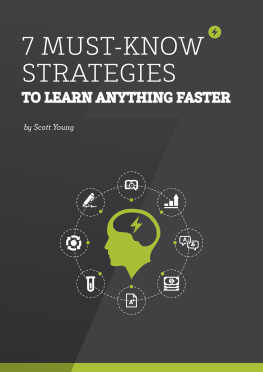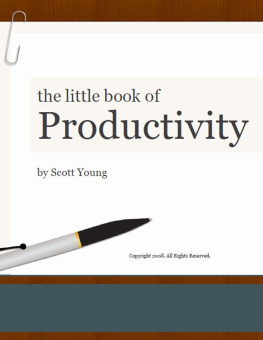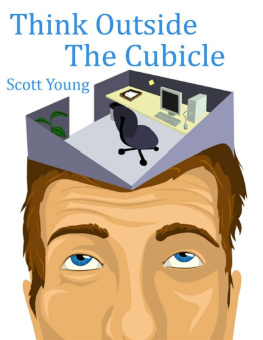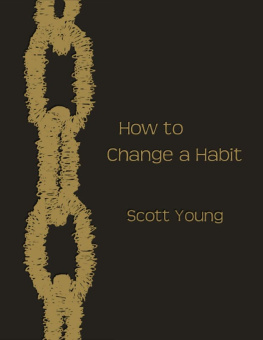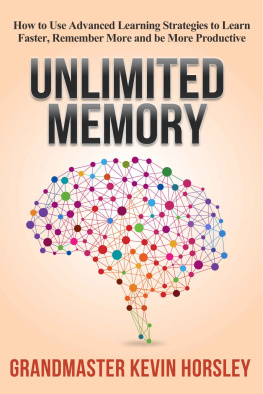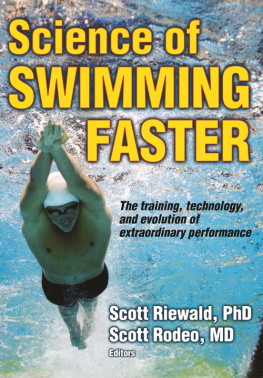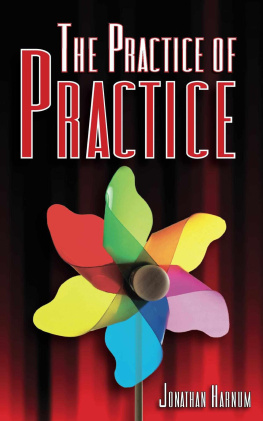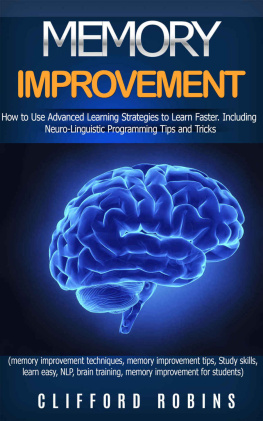Scott Young - 7 Must-Know Strategies To Learn Anything Faster
Here you can read online Scott Young - 7 Must-Know Strategies To Learn Anything Faster full text of the book (entire story) in english for free. Download pdf and epub, get meaning, cover and reviews about this ebook. year: 0, genre: Science. Description of the work, (preface) as well as reviews are available. Best literature library LitArk.com created for fans of good reading and offers a wide selection of genres:
Romance novel
Science fiction
Adventure
Detective
Science
History
Home and family
Prose
Art
Politics
Computer
Non-fiction
Religion
Business
Children
Humor
Choose a favorite category and find really read worthwhile books. Enjoy immersion in the world of imagination, feel the emotions of the characters or learn something new for yourself, make an fascinating discovery.
- Book:7 Must-Know Strategies To Learn Anything Faster
- Author:
- Genre:
- Year:0
- Rating:4 / 5
- Favourites:Add to favourites
- Your mark:
- 80
- 1
- 2
- 3
- 4
- 5
7 Must-Know Strategies To Learn Anything Faster: summary, description and annotation
We offer to read an annotation, description, summary or preface (depends on what the author of the book "7 Must-Know Strategies To Learn Anything Faster" wrote himself). If you haven't found the necessary information about the book — write in the comments, we will try to find it.
7 Must-Know Strategies To Learn Anything Faster — read online for free the complete book (whole text) full work
Below is the text of the book, divided by pages. System saving the place of the last page read, allows you to conveniently read the book "7 Must-Know Strategies To Learn Anything Faster" online for free, without having to search again every time where you left off. Put a bookmark, and you can go to the page where you finished reading at any time.
Font size:
Interval:
Bookmark:
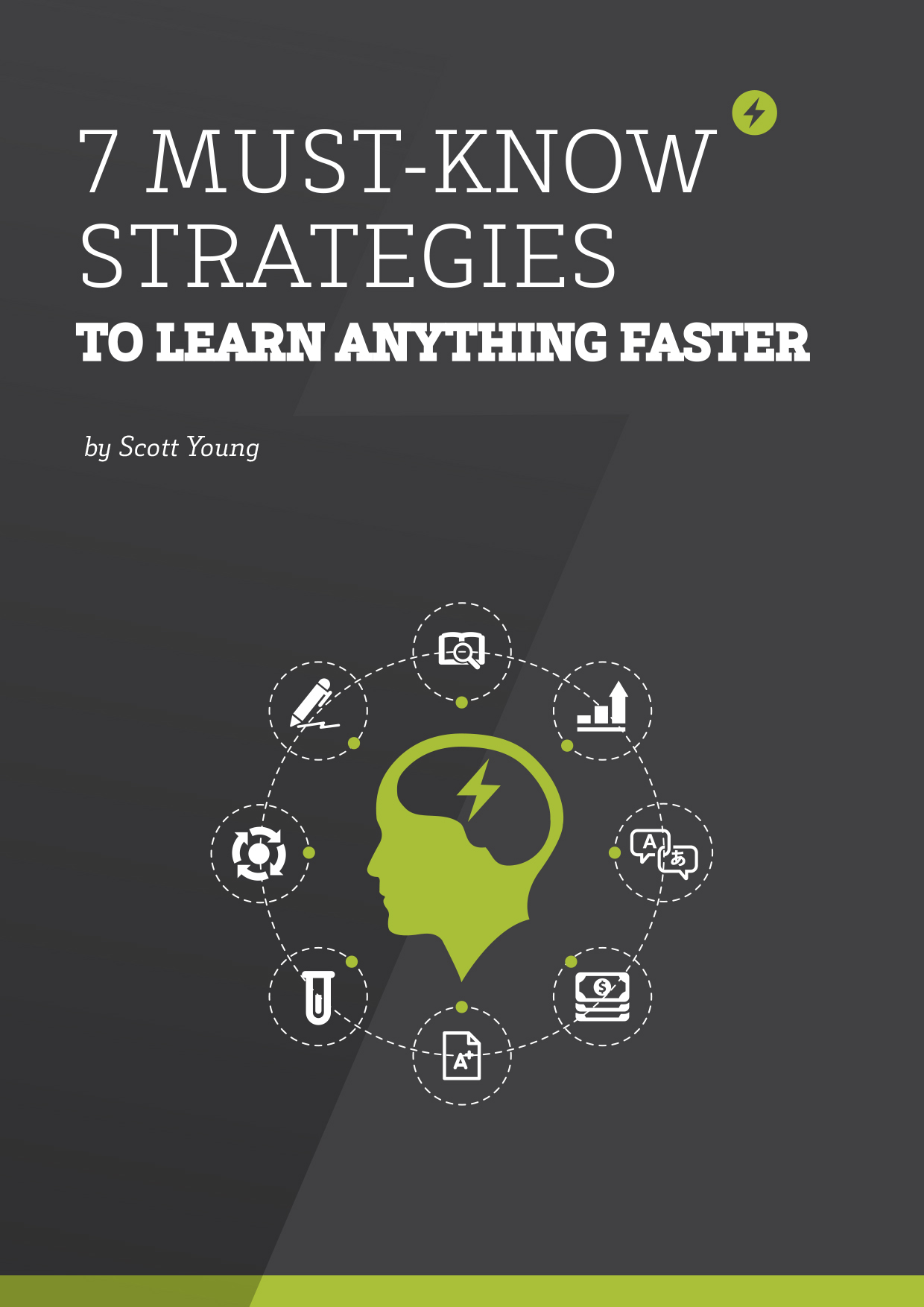
7 Must-Know Strategies
to Learn Anything FASTER
by Scott Young
2016
Learning is the foundation for success in nearly every aspect of life.
First you start in school.
Clearly learning matters here learning well allows you to get good grades, get accepted to the best schools and graduate without the grind. Then you start work. Learning becomes a path to improvement it gives you valuable skills so you can be a leader instead of just another cog in the system.
Learning matters for your health.
You need to learn what to eat, how to work out and how to maintain good habits. Learning matters for your relationships. Learning how people are, the best way to build connections and deepen them. Learning defines how you see yourself in the world, your sense of purpose in life and meaning.
Given that learning underlies so much of life, why not start with learning how to learn better?
Ultralearning is my approach to learning things well.
Theres no one exact method for ultralearning, but there are some common principles amongst all ultralearners:
- Self-education. Even if youre in school, a self-education mindset puts you in the drivers seat, controlling how and what you learn. Ultralearners dont passively absorb education, they create it.
- Deep focus. Ultralearning isnt a passive task. It demands hard, intense focus. The rewards for this effort, however, are large and it allows ultralearners to quickly develop skills that other people spend years unable to get a grasp on.
- Scientifically informed. Ultralearners dont treat learning as a mystery. Instead, they use the best available understanding of the science of memory and skill-aquisition to use an approach that makes learning anything a step-by-step process.
Ultralearning takes many forms, and the best way to recognize it is to first see some examples, so Ill start by sharing my ultralearning projects, then move to explaining how you can start your own.
Over the years, Ive worked on multiple ultralearning projects. Chances are youre reading this well after I wrote this book, in which case Ive probably completed new projects since writing this book. Each is different, but there are strategies common to all of them.
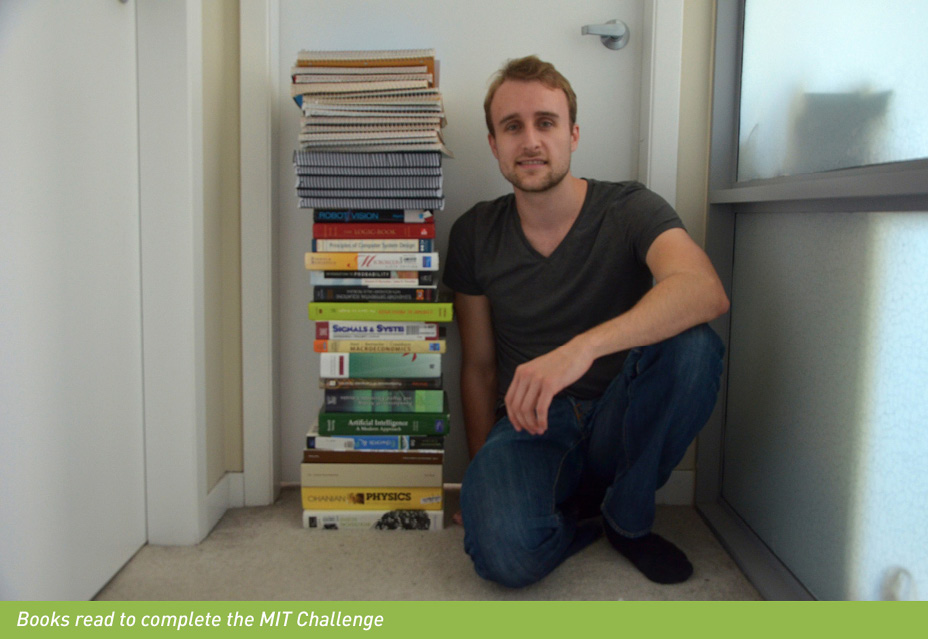
This project was to learn MITs 4-year computer science undergrad degree in 12 months, by passing the final exams and doing the programming projects. It often meant learning a full-semester class like calculus or linear algebra in as little as five days.
Techniques used:
- Watching lectures at 1.5x-2x the speed with VLC player.
- Practice triage. Focus on the hardest problems first, rather than an even coverage. Check solutions after each problem to gain feedback faster.
- Use the Feynman Technique to break down difficult concepts quickly.
For more information, my TEDx Talk on the project and additional techniques, see the project page here .
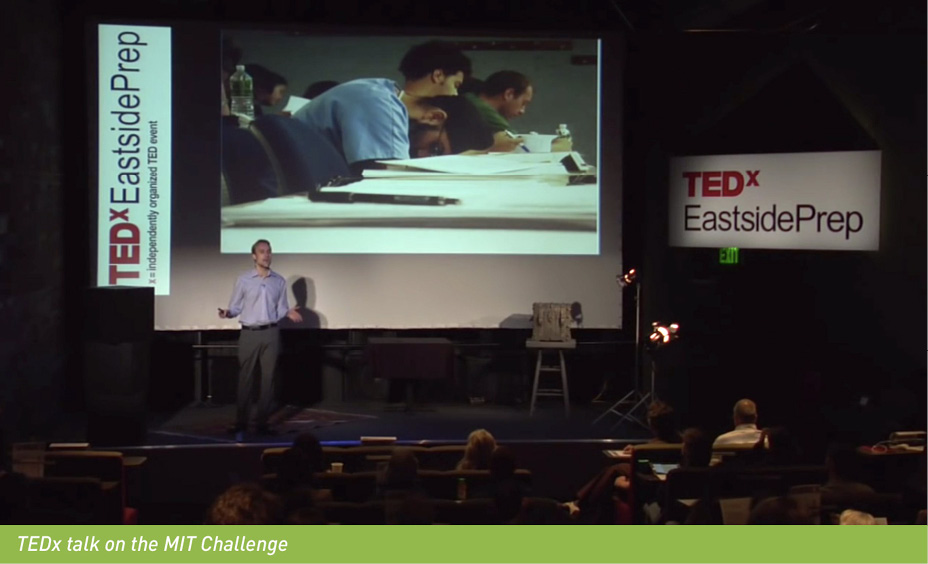
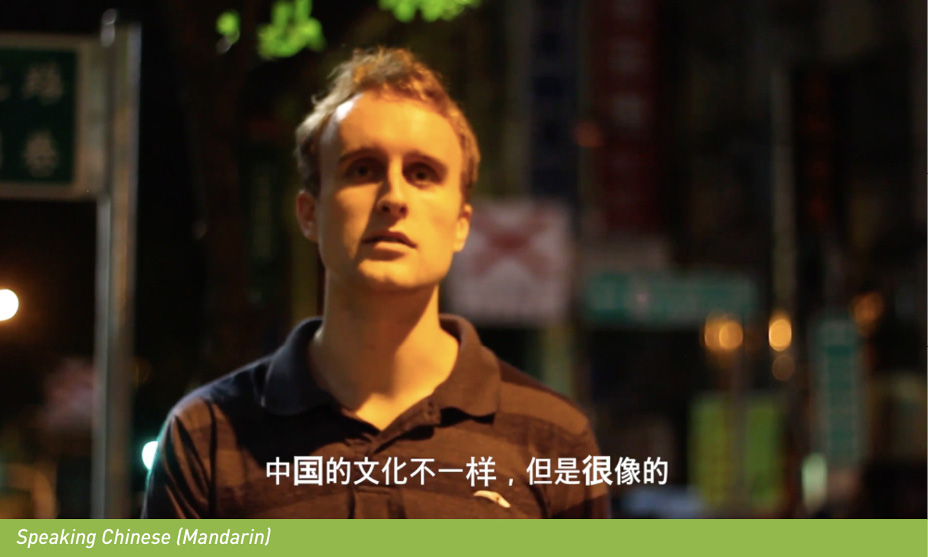
This project was to learn four languages in one year, travelling to Spain, Brazil, China and Korea to learn Spanish, Portuguese, Mandarin and Korean. The main method: Dont speak English!
I didnt do this project alone, and was accompanied by Vat Jaiswal, who also learned the languages.
Techniques used:
- Aim for total immersion. Only speak the language youre learning, even with your travelling companions.
- Use Spaced Repetition Systems to build base vocabularies. Particularly useful for hard languages like Chinese and Korean.
- Overlearn the basic words and phrases. The core vocabulary is the most useful, but most people stop practicing it after theyve learned it. Overlearning via immersion learns the language in a way that youll never forget it.
For more information, our TEDx Talk on this project and additional techniques, see the project page here .

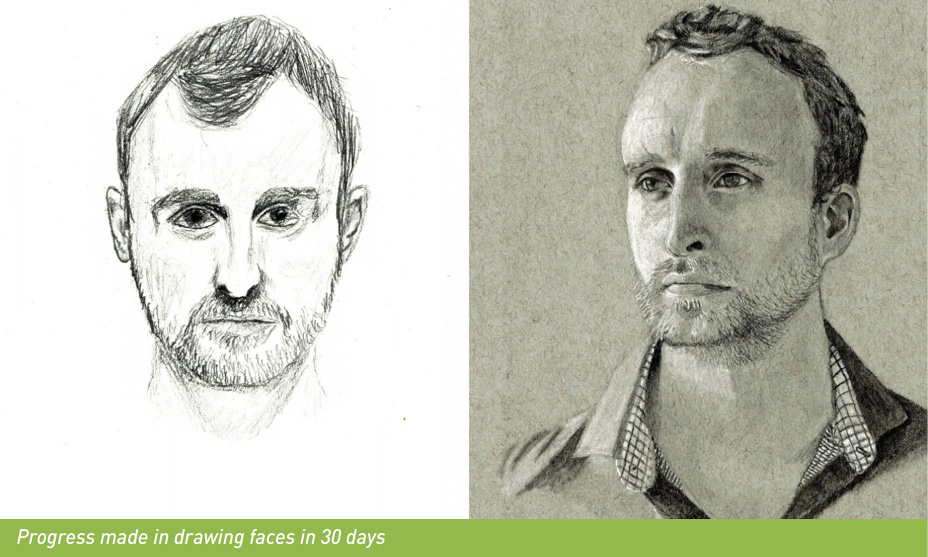
This project was to see how much I could improve at drawing faces with just thirty days of practice.
Techniques used:
- Skill decomposition. I broke down the skill into components, such as properly positioning facial features, and then practiced rapidly via doing quick sketches.
- Tight, accurate feedback. I would take photos of my sketches and overlay the reference photos to see exactly what mistakes I was making.
- Metalearning. I searched for many different classes and methods, eventually finding specific techniques that could allow me to get greater accuracy.
To see all my sketches, drawings and short video explaining how I did it, check out the project page .
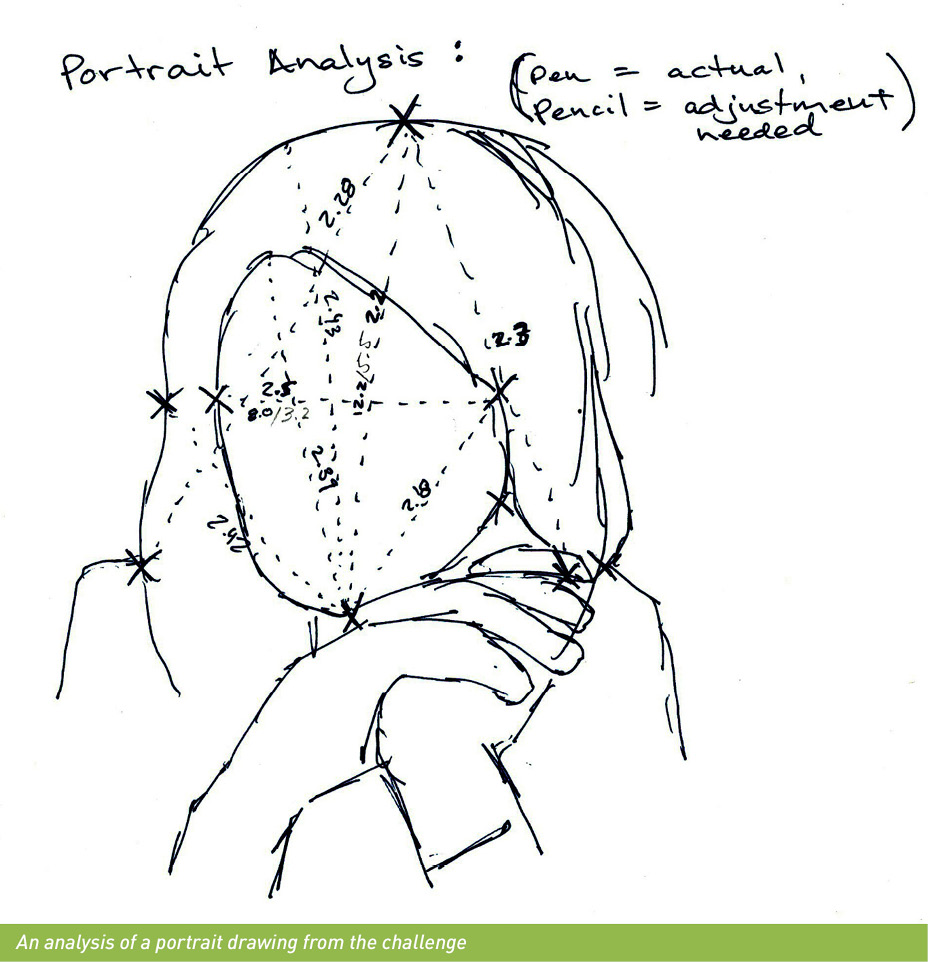
It can sometimes be hard to see exactly what the principles Im using are with only one project. After all, learning languages, math, drawing and neuroscience are all quite different.
However, I hope that by presenting different examples in very different domains, you can start to see some patterns emerge. These patterns in ultralearning you can use for your own projects.
Having seen these, Id like to spend a little time discussing what I think the guiding principles are.
Here are the basic principles of my ultralearning approach. These are the strategies that I keep coming back to, regardless of the particulars of the subject Im trying to learn. Certainly there are more principles than these, and there are also more specific tools that work for learning particular subjects, however, Id like to start by focusing on the main ideas so you can see how to improve your own learning approach.
One commonality amongst all my learning projects is that they are projects!
A good ultralearning project starts off with a well-designed plan. For that reason, I often spend nearly as much time thinking about the project as I actually do executing them. The reason for this is simple: many learners rush into learning endeavors that are ill-conceived, and when they inevitably encounter difficulties they get frustrated and give up.
Heres how to design a good ultralearning project:
- Pick your constraints carefully. In each of my challenges, I carefully chose constraints that would limit what I was trying to learn or how I was going to learn it. These constraints make the project easier to work on because they eliminate all the possible distractions you could encounter.
Font size:
Interval:
Bookmark:
Similar books «7 Must-Know Strategies To Learn Anything Faster»
Look at similar books to 7 Must-Know Strategies To Learn Anything Faster. We have selected literature similar in name and meaning in the hope of providing readers with more options to find new, interesting, not yet read works.
Discussion, reviews of the book 7 Must-Know Strategies To Learn Anything Faster and just readers' own opinions. Leave your comments, write what you think about the work, its meaning or the main characters. Specify what exactly you liked and what you didn't like, and why you think so.

